This month we are spotlighting landscape architect Yuqing Zhang (MLA ’21). She currently lives in Boston and is a Landscape Designer at Reed Hilderbrand LLC.
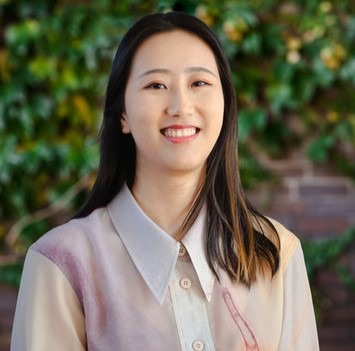
UWLA: Could you outline your professional journey between graduation and today?
YZ: Since graduating with my Master’s in Landscape Architecture from the University of Washington in 2021, I’ve had the opportunity to work with several prestigious firms. I started as a landscape designer at GGLO in Seattle, where I contributed to a range of projects, including streetscape redevelopment and urban renewal efforts. Currently, I am a landscape designer at Reed Hilderbrand in Cambridge, MA, where I have worked on diverse projects including public parks, institutions and private residency.
UWLA: What types of projects have you worked on for Reed Hilderbrand?
YZ: At Reed Hilderbrand, I’ve played a key role in various projects across public, private, institutional, and residential sectors. Notably, I contributed to the Franklin Park Action Plan, focusing on issues of equity, ecological resilience, climate change, and cultural significance, its aspirations are forward-looking and visionary, but based in practical and action-oriented recommendations. Another notable project was the Kalita Humphreys Theater Restoration Master Plan. This historical preservation effort tackled challenges such as maintaining historical landmarks, managing flooding issues, and enhancing biodiversity.
UWLA: Do you have a preference for the type of project you work on?
YZ: I am particularly interested in project types that have strong community engagement involved.
Participating in the Franklin Park Action Plan has been especially rewarding. This project included four public engagement meetings throughout the design process to ensure transparency and inclusivity. These meetings provided the community with necessary information, outlined both benefits and impacts, and ensured that a wide range of voices were heard and considered. I played a key role in preparing for and participating in the fourth community meeting, which focused on implementation priorities. The insights gathered were meticulously incorporated into a comprehensive 500-page report.
Furthermore, I volunteered on the ‘Town of Brewster Sea Camps Master Plan’ project, which also prioritized community involvement. We conducted four community planning forums to help shape the final plans for Brewster in Cape Cod, Massachusetts. These plans received approval at the Annual Town Meeting on May 11, 2024.
These projects have enabled me to engage deeply with communities, understand their perspectives, and integrate their input into designs that positively impact their environment and quality of life.
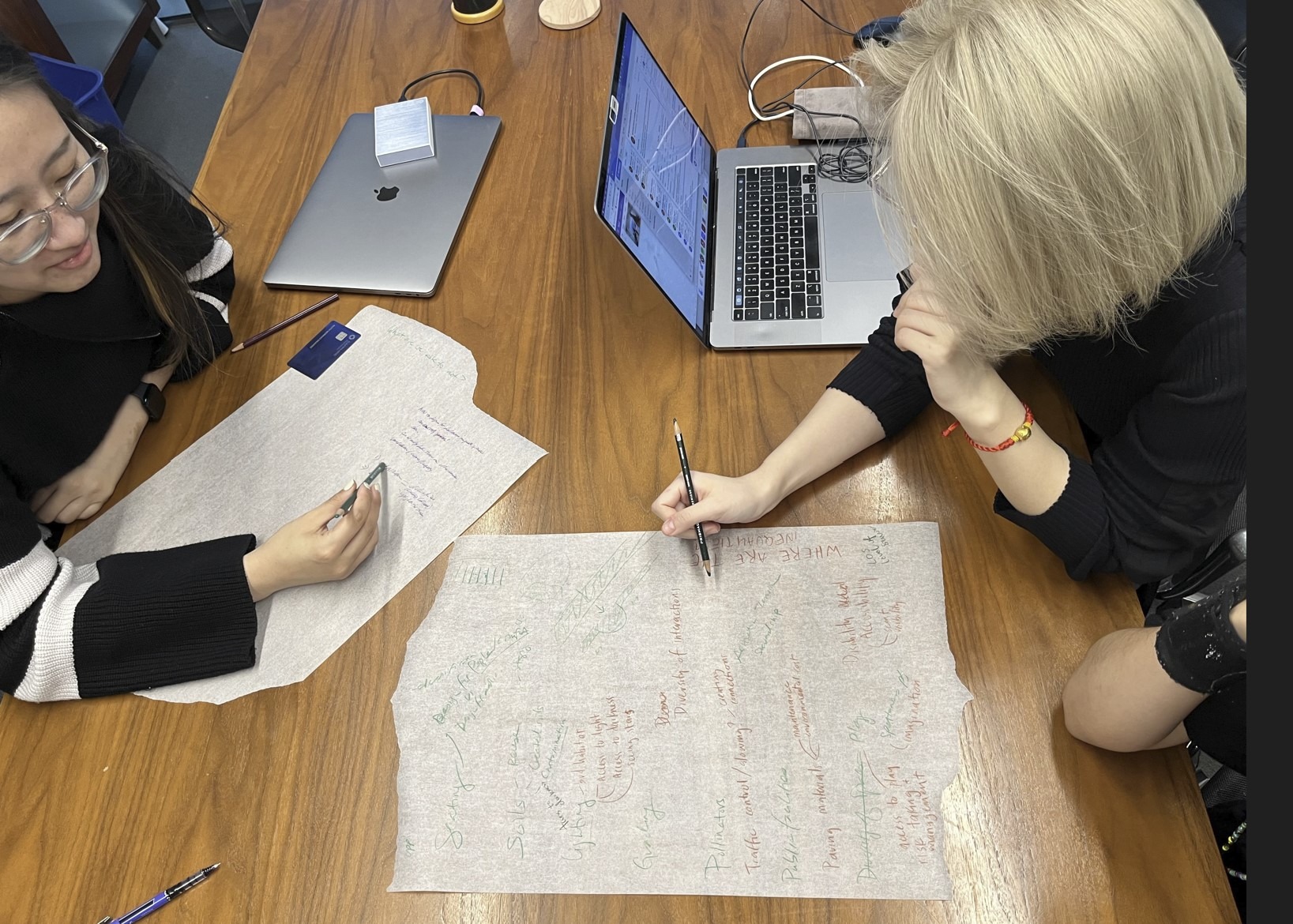
UWLA: When you think back across your career, how do you think your time at the University of Washington prepared you?
YZ: My time at the University of Washington profoundly shaped my approach to landscape architecture. The cross-disciplinary opportunities within the CBE, such as the flexibility to pursue an Urban Design certificate alongside my Master of Landscape Architecture degree, were particularly influential. This certificate exposed me to related professions within the design field, helping me build valuable relationships with architects, urban planners, and civil engineers.
Additionally, the comprehensive nature of the MLA program was instrumental in my professional development. Courses such as construction documentation, professional development, and soil and grading provided me with essential knowledge and skills that are critical in design practice. These experiences have collectively prepared me to tackle complex projects with a well-rounded perspective and a collaborative approach.
UWLA: What honors/awards have you received?
2024 WLA Cultural Landscape Award: Franklin Park Action Plan (shortlisted)
2024 Terraviva “Techtical Urbansim NOW!” 1st Price of Urban Anchors: Activating Public Space Around Cable Car Towers in Medellin
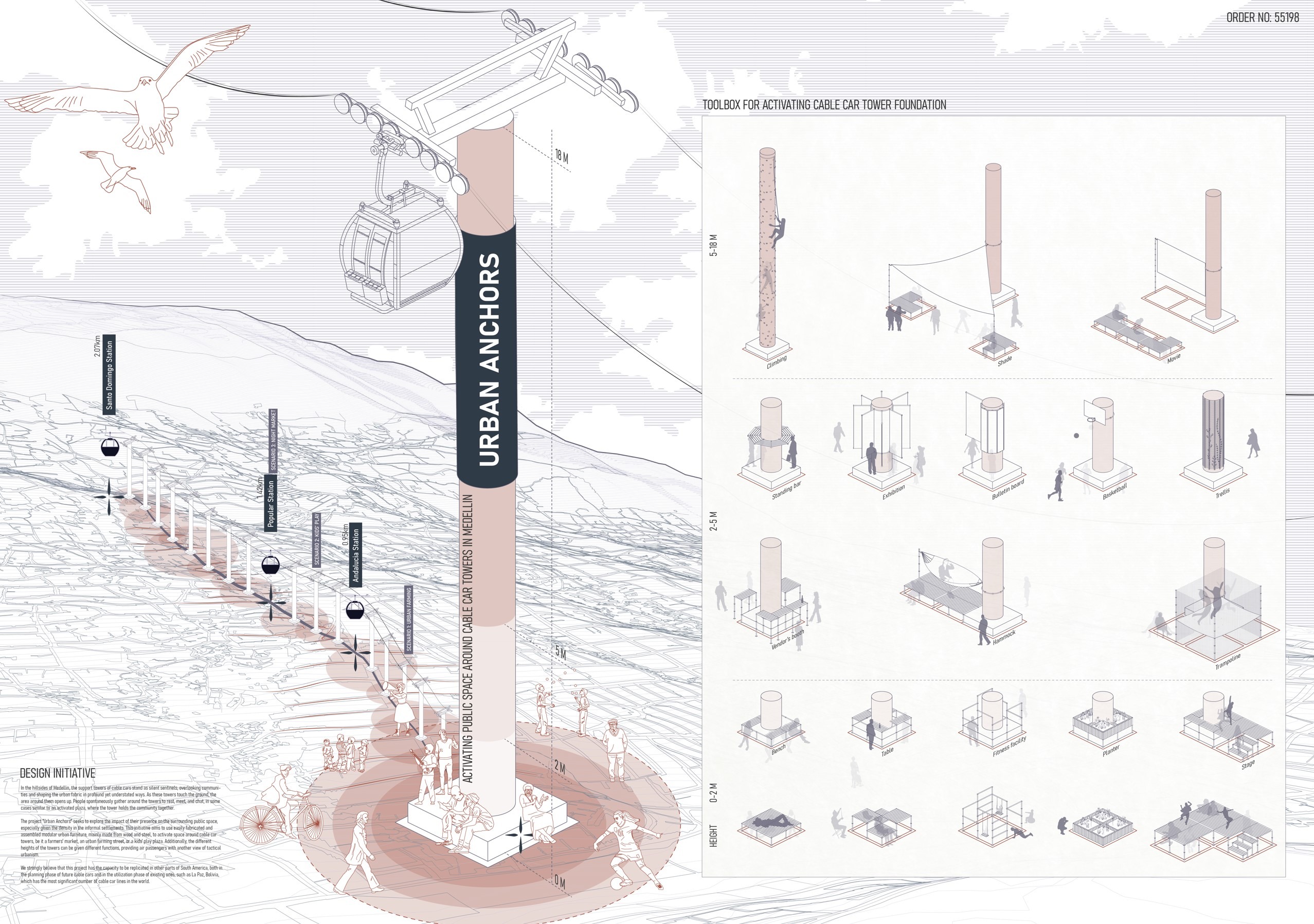
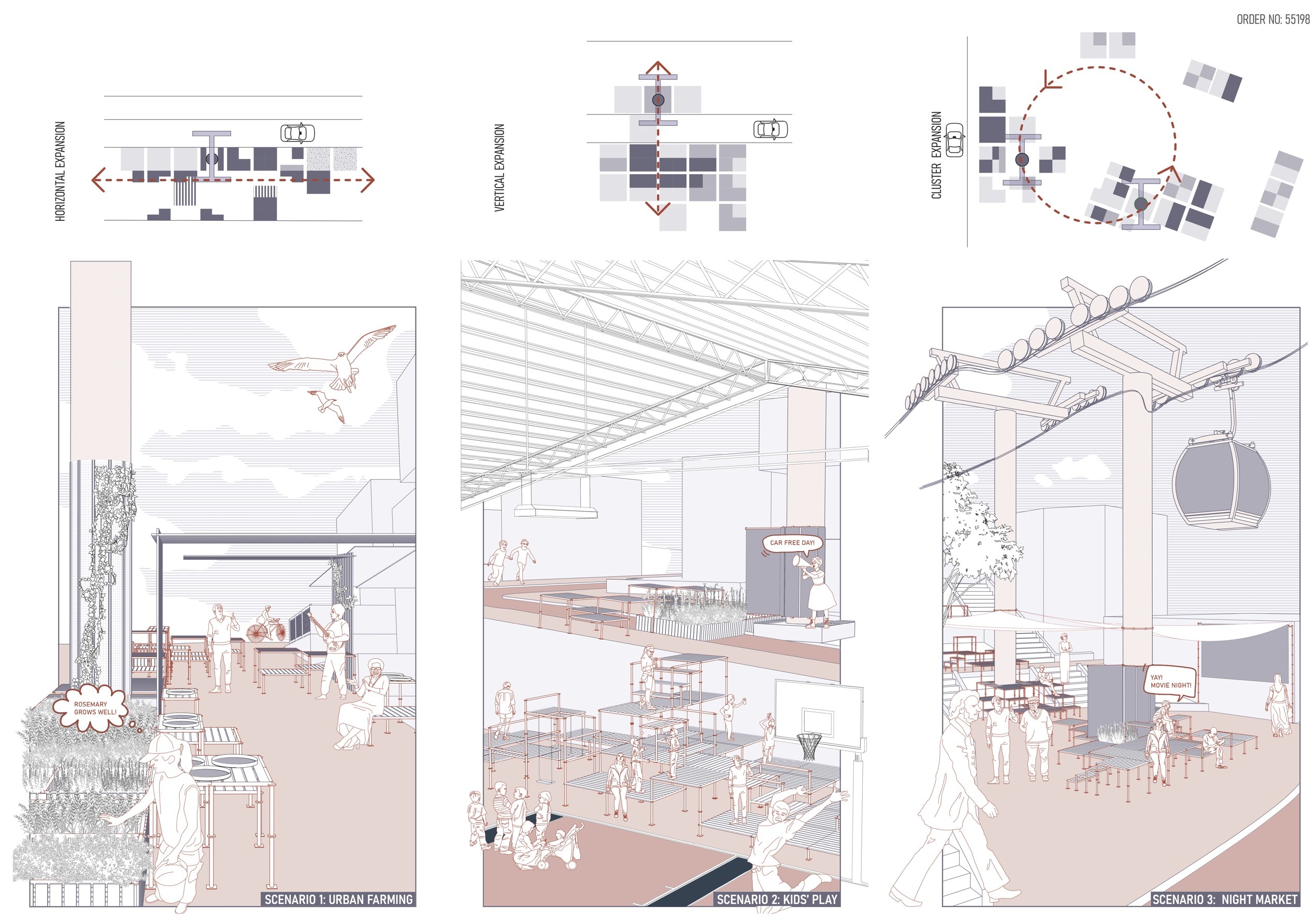
2023 BSLA Honor Award: Franklin Park Action plan
2023 ASLA Honor Award: Franklin Park Action plan
2022 The Myer R. Wolfe Scholarship by Urban design department, UW
2022 WASLA Merit Award: Bridging the Blue and Green, capstone project
UWLA: Would you say that you had a key mentor during your experience? Or was it the creation of multiple mentors that was really helpful for you?
YZ: Throughout my career, I have been fortunate to have multiple mentors who have guided me. At the University of Washington, my first studio with Julie Johnson, focused on urban agriculture, significantly influenced my interest in community engagement. During that quarter, Julie organized tours of urban farms in Seattle, allowing us to interact with farm collaborators and learn about their operational strategies. These experiences were thought-provoking and deeply informative. My design for the Yes Farm in Yesler Terrace was reviewed by its managers, providing a valuable opportunity to present my work to real clients.
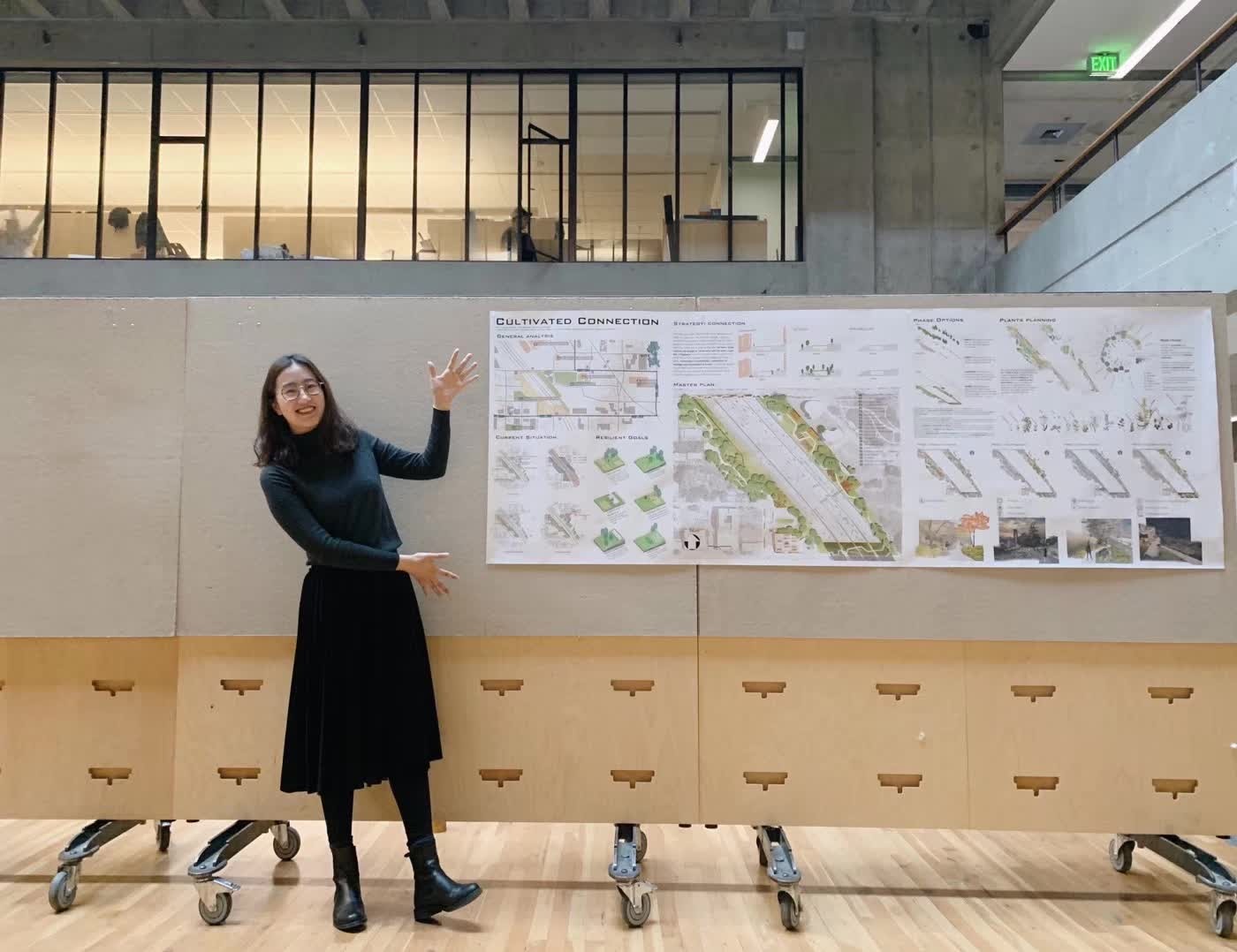
YZ: After graduation, I continued to engage in mentorship roles both as a mentor and a mentee. At GGLO, I participated in the ACE Mentorship Program, guiding high school students interested in landscape architecture through the design of a fire station. Nick Zurlini, a fellow University of Washington graduate, mentored me during my time there. Upon moving to Boston, I became co-chair of the BSLA’s Emerging Professionals Group, furthering my commitment to mentorship.
I believe that mentorship is crucial for career development. The collaborative environments at the University of Washington and Reed Hilderbrand have provided me with numerous mentorship opportunities. The guidance I received from professors and senior designers has been invaluable, and I am committed to mentoring young professionals and continuing this cycle of support and growth.
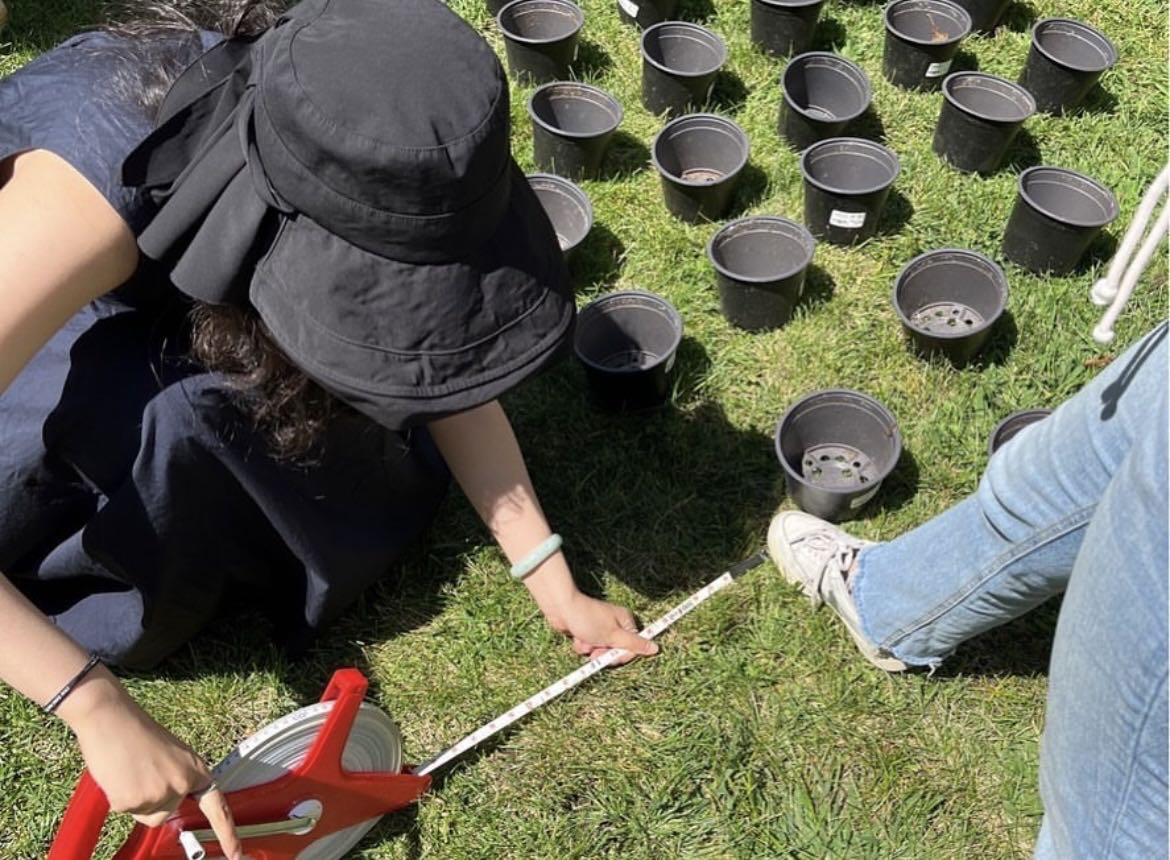
UWLA: Is there a pivotal moment within your MLA education that you can think of that became an ah-ha moment?
YZ: A pivotal moment during my MLA education was my capstone project with Professor Nancy Rottle, titled “Bridging the Blue and Green.” This project, which received the Merit Award from the UWASLA, allowed me to explore innovative design solutions that address both environmental and urban challenges. Conducted during the pandemic, the project demanded significant effort from both my teammate, Zian Zheng, and me, including site visits, GIS data analysis, and the selection of a pilot site for design implementation. This experience highlighted the critical importance of integrating sustainable practices into landscape architecture, a principle that has since become a cornerstone of my professional approach.
UWLA: One of our final questions is about how the scope of Landscape Architecture is ever expanding; has your relationship with the discipline evolved at all through your years as a professional?
YZ: Absolutely, my relationship with landscape architecture has evolved significantly. Initially, my focus was on design aesthetics and functionality. Over time, I’ve developed a deeper appreciation for the broader impact of our work, including environmental sustainability, community engagement, and historical preservation. Projects like the Franklin Park Action Plan have reinforced the importance of addressing social and ecological challenges through thoughtful design.
UWLA: What’s next for you in your work? What are you looking forward to?
YZ: I am looking forward to continuing my work on impactful projects that blend historical preservation with modern design and sustainability. Additionally, I am excited about the opportunity to mentor emerging landscape architects and contribute to professional discourse through presentations and jury roles. My ongoing goal is to evolve as a designer and help create resilient and vibrant landscapes.
In the near future, I am going to presenting at the BSLA Field Day Climate Action lightning talk. The ASLA has released the Climate Action Plan, which aims to achieve zero emissions in landscape architecture projects and practices by 2040. My talk will focus on equity within the scope of work. Recognizing that addressing inequity can be challenging for landscape architects, a group within Reed Hilderbrand has initiated an effort to identify areas within our design scope and daily processes that directly engage equity issues. We have developed a set of postcards centered on five design areas: paving, site furnishing, planting, soil and grading, and maintenance. Each postcard includes provocations and resources to stimulate interest, deepen conversations, and transform how we approach typical design questions.
The talk will be live-streamed on June 14th, and I invite everyone to join the conversation.
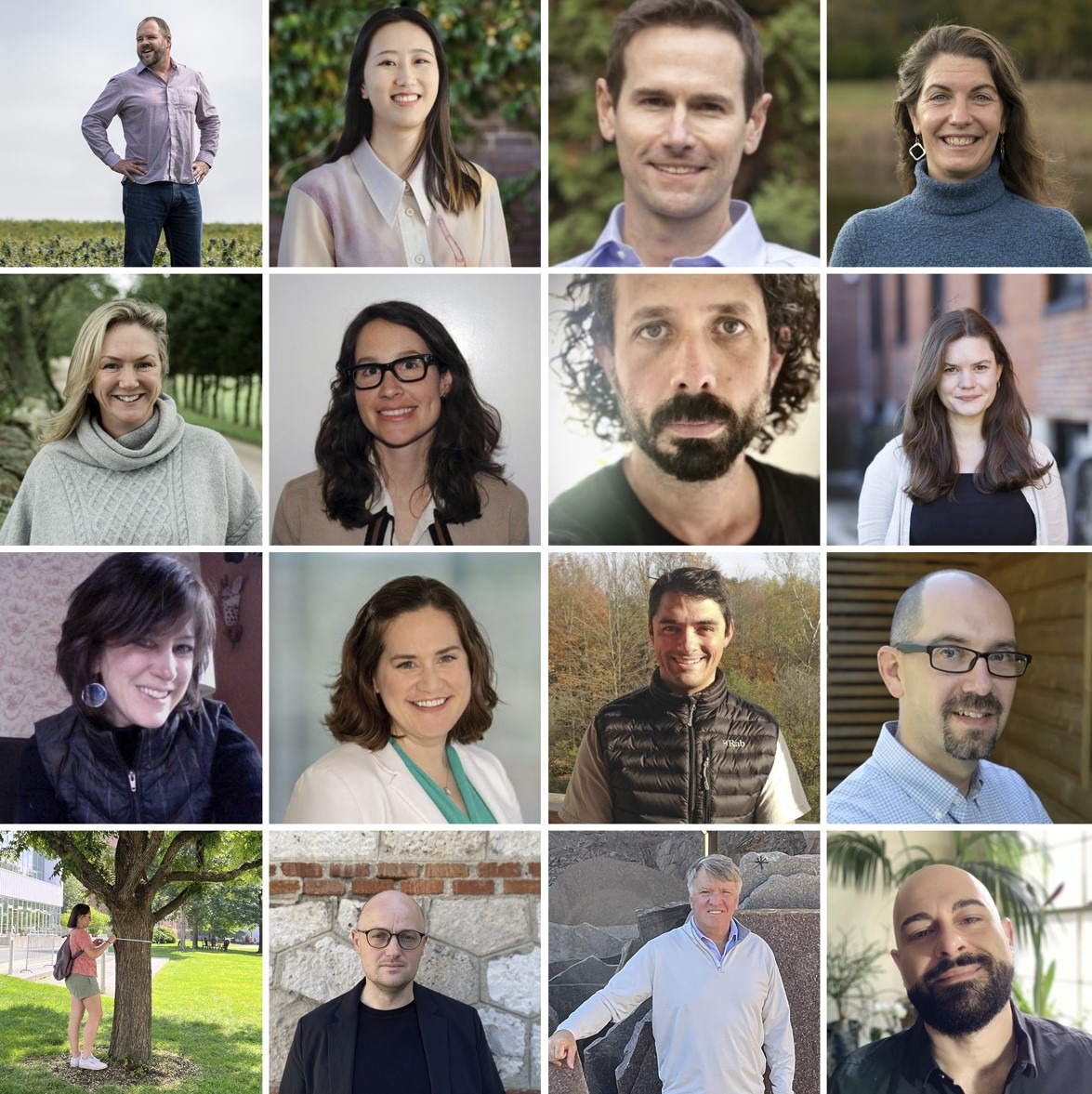
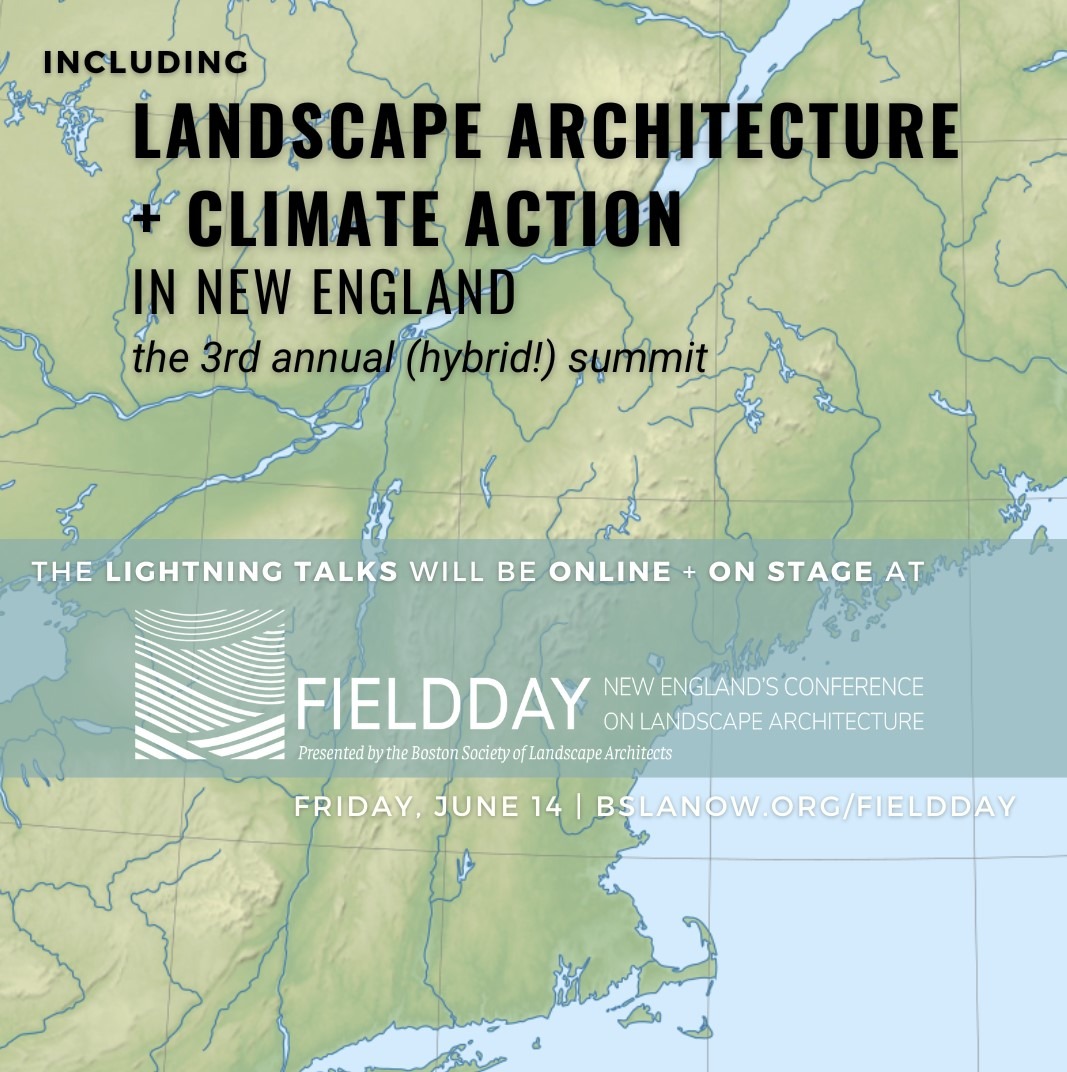
UWLA: Any last parting thoughts or words of wisdom?
YZ: Landscape architecture is a field that continually challenges us to balance creativity with practicality. My advice to emerging professionals is to stay curious, embrace interdisciplinary collaboration, and always consider the broader impact of your designs. It’s essential to create spaces that not only look beautiful but also foster community, respect history, and promote sustainability.